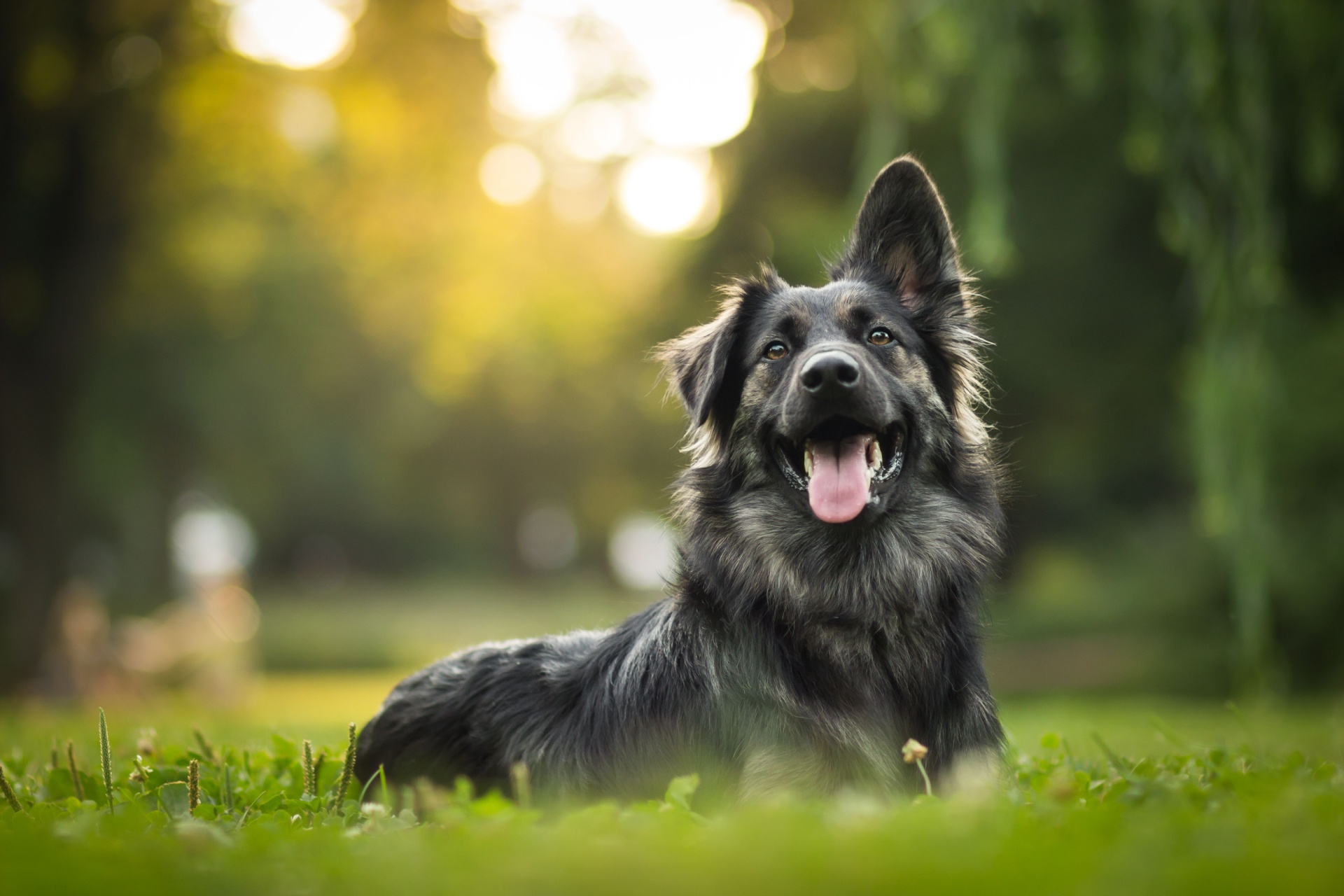Certain breeds are predisposed to the rapidly dangerous condition called GDV (gastric dilation volvulus), gastric torsion, volvulus, or bloat. The exact cause is still not certain, but ultimately gas accumulates in the stomach faster than it can be removed by the body. The buoyant gas-filled stomach, under certain conditions (notably deep-chested breeds), will rotate and flip. At this point, local and systemic damage is rapid, and only surgery can fix the problem. Circulation is rapidly affected, tissues are dying and toxins are being released. And the dog is in great pain and distress.
Far better to avoid it.
Risk Factors:
Being a German Shepherd, Great Dane, St Bernard, Wolfhound, Setter, Standard Poodle, and similar breeds
Deep chested anatomy
Being related to a dog with a history of GDV
Exercise shortly after a large meal of highly processed food (especially small kibble) **Moderate activity after a meal is potentially a protective factor
Exclusive high-processed, dry food meals
Single large meal per day
Eating dry foods with oils/fats listed in the top four ingredients
Increasing age
Stresses like kenneling
Ingesting too much air (by rapid eating, raised bowls, or fearful disposition)
Specific brands of foods, specific ingredients, gender of dog, being underweight or having preexisting gastrointestinal disease have been speculated as being contributing risk factors, for which evidence is inconclusive at best.
What does it look like?
It is generally rapid in onset, associated with clear signs of distress:
- Loud retching sometimes with foamy material
- Rapid abdominal distention (or bloat)
- Anxiousness
With these symptoms, your dog needs immediate help to stabilize and prepare for surgical correction.
What to do?
Call us for advice. We may be able to start the stabilizing process, provide a prognosis for you, and/or do the necessary surgery. A stabilized patient may be transferred to an ER facility for surgery and aftercare.

